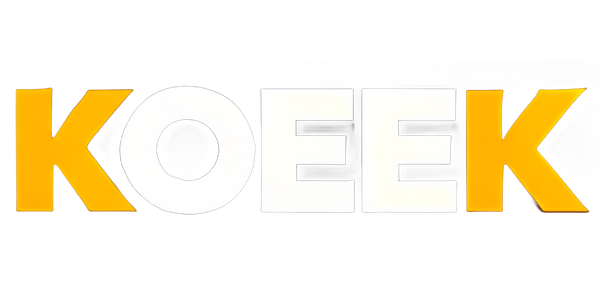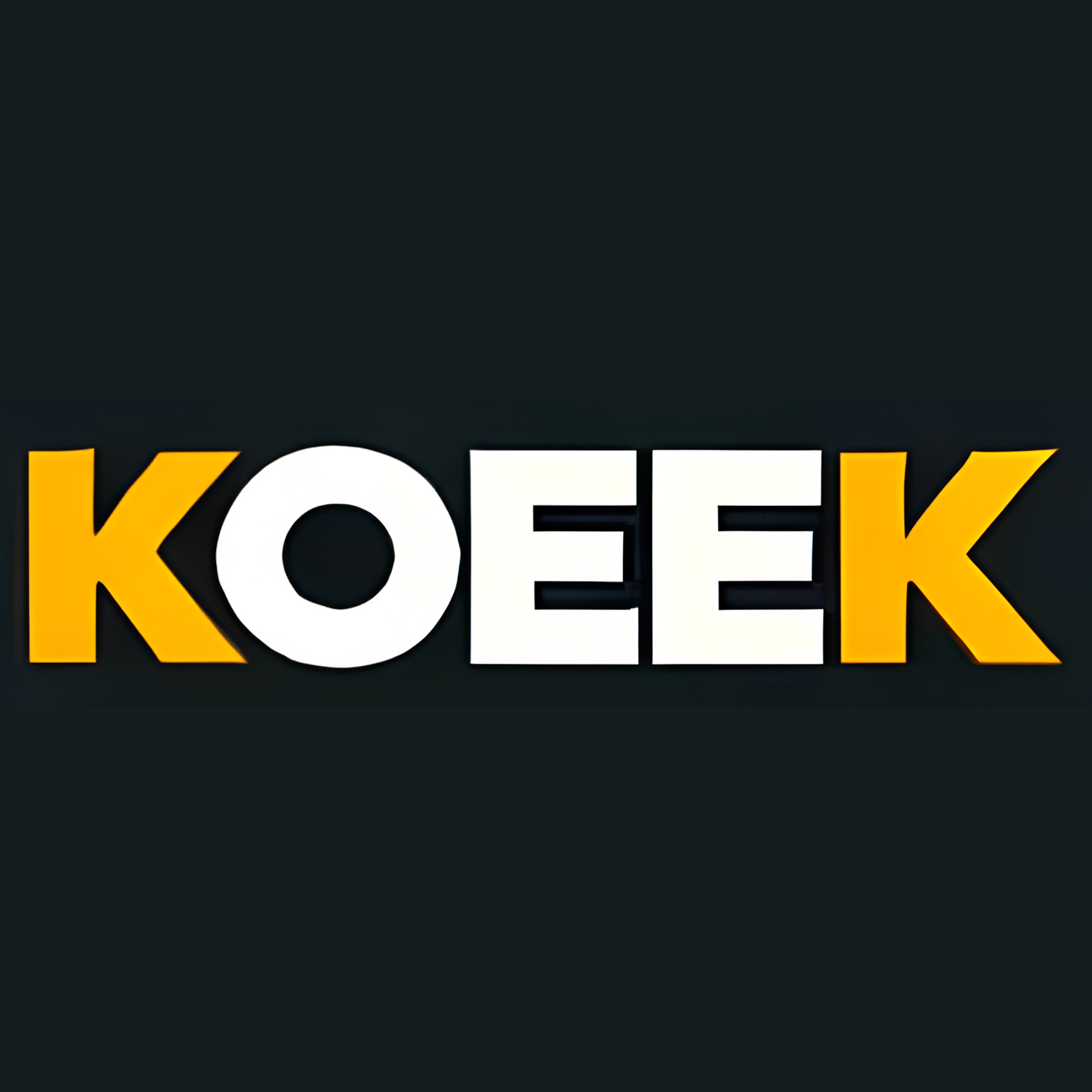How to choose between household electric drill, impact drill and electric hammer? Which one should I choose between Bosch and DeWalt? An experienced electric drill driver will guide you in choosing an electric drill. (Updated in August 2022)
Choosing the right tool for your household or professional projects can be a daunting task, especially when you are faced with an array of options like electric drills, impact drills, and electric hammers. Each type of drill has its unique features and applications. To add to the confusion, brands like Bosch and DeWalt offer a variety of products catering to different needs. In this article, I'll guide you through the differences between these tools and help you make an informed decision on which one to choose, and which brand to go for, based on your specific requirements.
Household Electric Drill: The All-Purpose Tool
The household electric drill is the most versatile tool among the three. It is designed for regular drilling tasks, such as making holes in wood, plastic, and metal. These drills often come with variable speed settings, allowing you to adjust the speed based on the material you are working with.
One of the main advantages of a household electric drill is its ease of use. It is lightweight and ergonomically designed, making it comfortable to hold and operate for extended periods. Additionally, these drills are often cordless, giving you the freedom to move around without being tethered to a power outlet.
However, the household electric drill has its limitations. It might not be suitable for heavy-duty tasks, such as drilling into concrete or masonry. For such applications, you would need a more powerful tool, like an impact drill or an electric hammer.
Impact Drill: Power and Precision Combined
The impact drill, also known as a hammer drill, is a step up from the household electric drill. It combines the rotary action of a standard drill with a hammering action, allowing it to penetrate harder materials, such as concrete and masonry. The hammering action provides additional force, making it easier to drill through tough surfaces.
Impact drills are often more powerful and durable than household electric drills. They typically come with variable speed settings and a hammering mode that you can switch on or off, depending on the task at hand. This versatility makes them suitable for a wide range of applications, from light household tasks to more demanding construction projects.
On the downside, impact drills are usually heavier and bulkier than regular electric drills, making them less comfortable for prolonged use. They also tend to be more expensive, so you need to consider whether the additional features and power justify the higher price tag.
Electric Hammer: The Heavy-Duty Workhorse
If you are looking for a tool that can handle the toughest jobs, the electric hammer is the way to go. Also known as a rotary hammer, this tool is designed for heavy-duty tasks, such as breaking through concrete, masonry, and other hard materials. It uses a piston mechanism to generate a powerful hammering action, making it ideal for demolition work.
The electric hammer is the most powerful and durable tool among the three options. It is built to withstand the rigors of heavy-duty applications, and its robust design ensures long-lasting performance. Some models even come with additional features, like a chisel mode, allowing you to use the tool for chiseling and demolition work.
However, the electric hammer's power and durability come at a cost. These tools are significantly heavier and bulkier than household electric drills and impact drills, making them less suitable for regular use. They are also the most expensive option, so you need to weigh the benefits against the cost before making a purchase.
Bosch vs. DeWalt: Which Brand Should You Choose?
When it comes to choosing between Bosch and DeWalt, both brands have a reputation for producing high-quality, reliable tools. However, there are some differences that may influence your decision.
Bosch is known for its innovative designs and advanced engineering. The brand offers a wide range of tools, catering to both professional and DIY users. Bosch drills are often praised for their ergonomic design, making them comfortable to use for extended periods. Additionally, Bosch tools are known for their durability and long-lasting performance, making them a solid investment.
DeWalt, on the other hand, is a favorite among professionals, particularly in the construction industry. The brand is known for its rugged, heavy-duty tools that can withstand the toughest job site conditions. DeWalt drills are often more powerful than their Bosch counterparts, making them suitable for demanding applications. Additionally, DeWalt offers a comprehensive range of tools and accessories, allowing you to build a versatile toolkit tailored to your needs.
Conclusion: Making the Right Choice
In conclusion, the right tool for you depends on your specific needs and preferences. If you are looking for an all-purpose tool for light to medium tasks around the house, a household electric drill from either Bosch or DeWalt would be a great choice. If you need a more powerful tool for tougher materials, consider an impact drill. For the most demanding applications, an electric hammer is the way to go.
Both Bosch and DeWalt offer high-quality tools, so you can't go wrong with either brand. Consider factors like power, durability, and ergonomics when making your decision. Ultimately, the best tool is the one that meets your needs and helps you get the job done efficiently and effectively.


